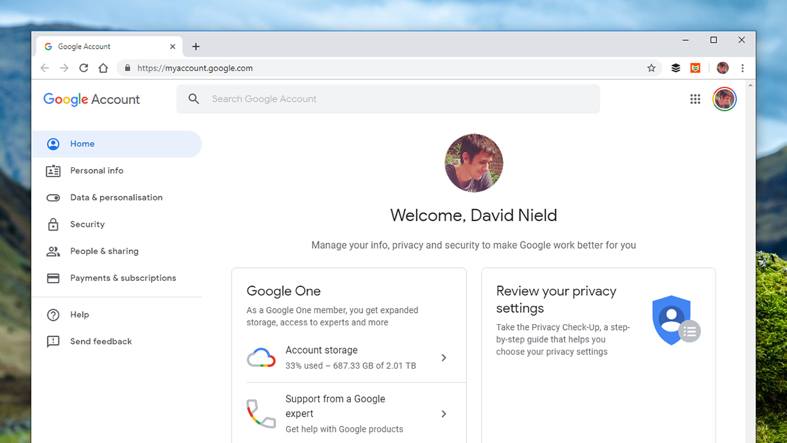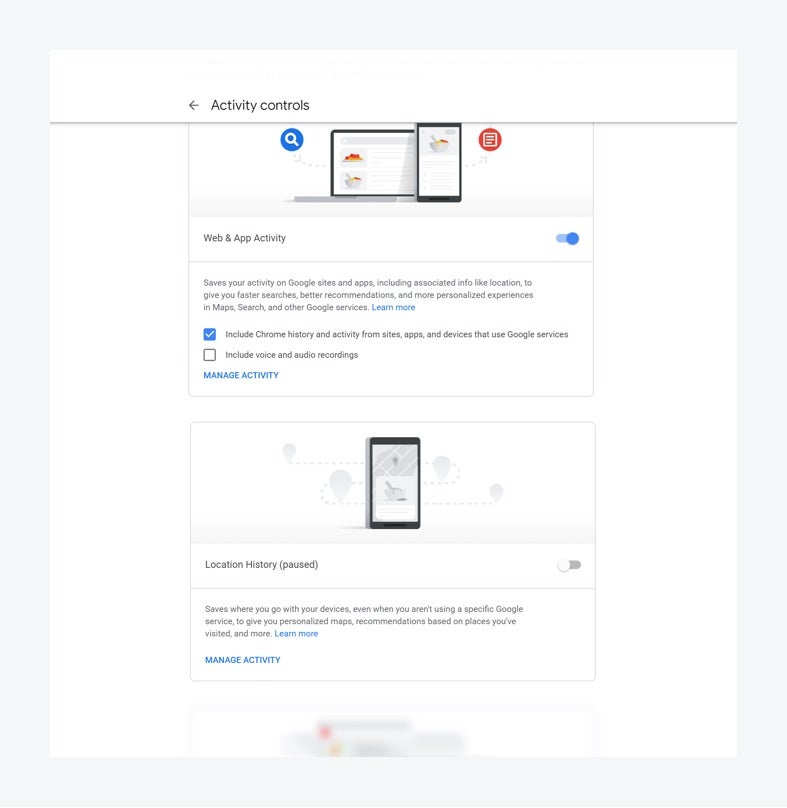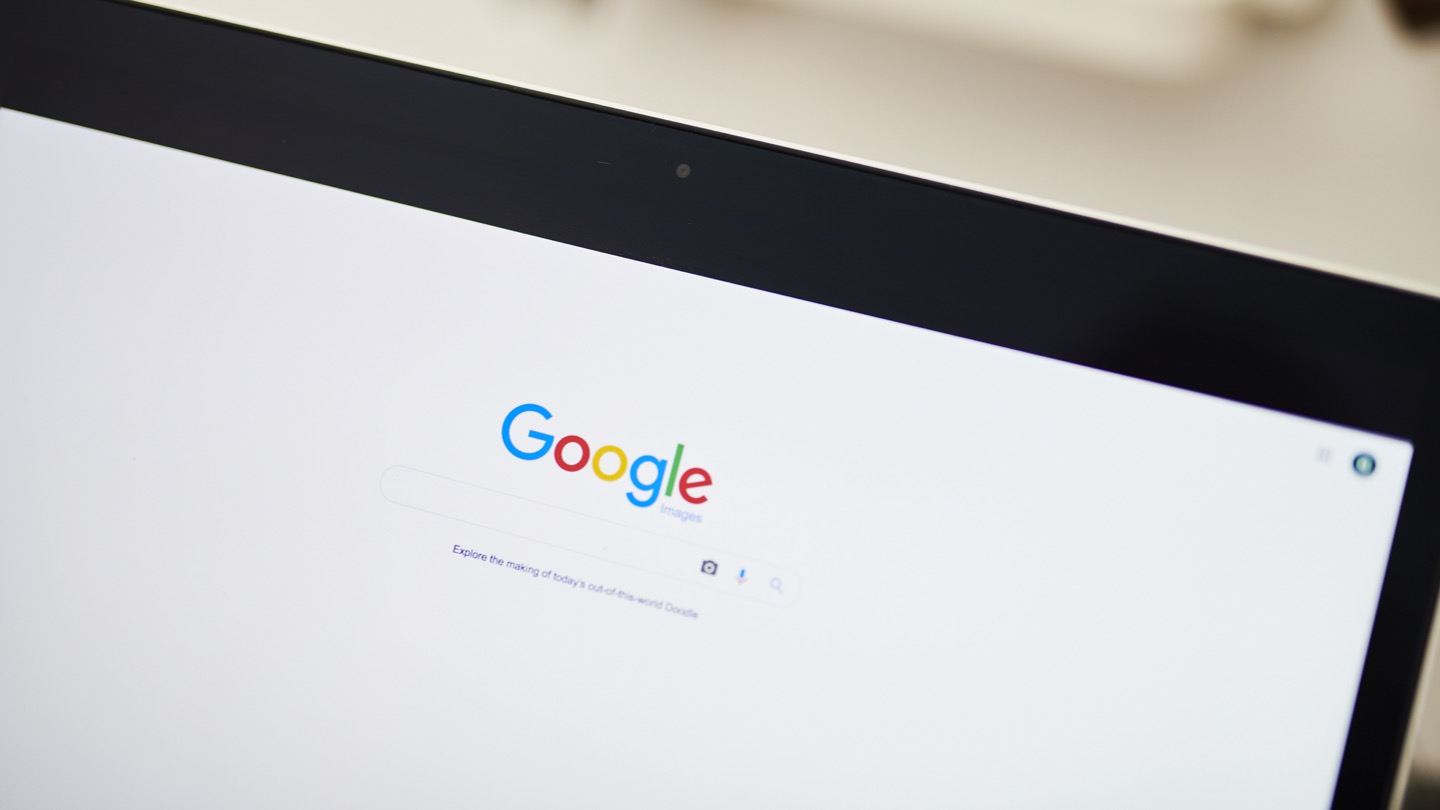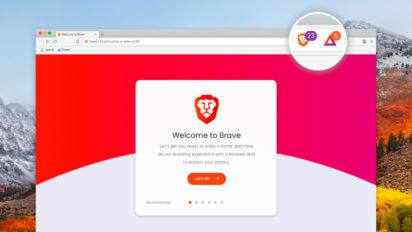If you’re one of the millions of people currently using any popular web-based service from Google — Google Maps, Google Chrome or Gmail, just to name a few — odds are, the amount of personal data they’ve collected on you is extensive, to say the least.
As consumers continue to use these apps to organize their day-to-day and get to where they’re going, Google develops a pretty detailed profile of who you are and what you’re up to in order to optimize and monetize their services.
Take a look at some information they may already know and what you can do if you’re looking to get a bit more private with your personal data.
What information does Google know about me?
Even if you frequent Gmail or the popular web browser, Google Chrome, as opposed to a combination of different services, it’s highly likely that the amount of information they know about you is far beyond what you’d expect.
Check out what Google already knows about you and how that information is collected.
Demographics
Through your online activity, Google can find out your demographics, like your age, marital status and gender. It can also determine things like how many children you have, your health, your religious and political beliefs and even what you look like.
Location
Google location monitoring and tracking apps keep data on where you’ve been, when you were there and what you were doing.
Personality
Google can also determine more personal things about you, like things you like and dislike, whether it’s types of food, books, movies, videos or stores. Google can also find out who your friends are, who you email, where you meet up with people and even what you talk about.
Future plans
Google Calendar and Gmail track your upcoming trips, restaurant reservations and appointments. Your search queries allow Google to collect data about things like what you want to buy, where you want to travel or even if you want to have children.
Online activity
Google saves all of your online history. Every website you’ve visited, your apps, extensions, your browser settings, your data that auto-fills, your open tabs and your bookmarked pages are all tracked and saved by Google.
You can check out what Google knows about you already by logging into your account profile. On the left-hand side, click on the Personal info section of the main menu to see basic info like your name, date of birth and email addresses on file.
In the Data & Personalization section under the Activity controls, you’ll find all data stored for your profile categorized by the Google services you frequent. Click on any section to view more details on what’s already been recorded.

Image credit: Gizmodo
How does Google get information from you?
Google has many methods of collecting your personal info:
- Google Chrome
- Search queries (what you Google)
- Gmail
- Photos
- Ads
- Google Maps
- Google Calendar
- Waze
- News
- Shopping history
- YouTube
- Books
How to limit what Google collects
It’s safe to say that Google can extract a good bit of information from the services you frequent and can use this data to serve up personalized advertisements just for you through any one of their associated apps. Luckily, there are ways to opt out of sharing so much with the tech giant if you know where to look.
Edit your privacy settings
According to Google, all data collected is only to help make their service more useful to you. But if you’re willing to take a hit in quality for the sake of privacy, you can disable any collection settings via the Data & Personalization menu mentioned above.
To stop all data collection altogether, you can simply disable Web & App Activity across all Google services. If you’re looking to pause tracking on certain platforms like YouTube or stop specific forms of data from being used to inform ads (your location history, for instance), those options are also available.

Image credit: Gizmodo
If you don’t want your data influencing your ads at all, you’ll also have the option to disable ad personalization in the Ad Settings menu in your activity controls.
There are additional ways to restrict Google’s access and use of your personal data, including browsing in incognito mode or deleting your Google accounts altogether. However, if you want to continue using your Google services and the convenient features they offer (Password auto-save, for instance), you’ll need to alter your settings to fit your privacy needs.
You can also use VPNs to add an extra layer of security while you’re online. VPNs will encrypt your data so it’s not accessible to third parties.
The bottom line
If you’re a Google account user, then there’s a good chance your personal data has been collected. It’s a good idea to look at what exactly Google has collected through your personal account settings. If you want to keep your data private, edit your privacy settings within your Google account and consider other online security measures like VPNs.
For more information on protecting yourself online, check out our online safety guide.

Written by:
Camryn Smith
Cammy is a writer with Allconnect, growing her broadband industry knowledge for over a year on the internet marketplace. Her expertise lies in home internet and broadband service with a focus on providers, plans…
Read more
Edited by:
Robin LaytonEditor, Broadband Content
-
Featured
![A Brave new world: Get the latest info on a new search engine]() A Brave new world: Get the latest info on a new search engine Virginia Brown — 3 min read
A Brave new world: Get the latest info on a new search engine Virginia Brown — 3 min read -
Featured
![Learn how to manage your internet browser history]() Learn how to manage your internet browser history Robin Layton — 4 min read
Learn how to manage your internet browser history Robin Layton — 4 min read
Latest
-
Thursday, July 25, 2024
Worried about losing your signal? This is how to keep your satellite dish cleanDavid Anders — 6 min read
-
Tuesday, July 23, 2024
The best free TV and movie streaming services 2024Camryn Smith — 5 min read
-
Tuesday, July 23, 2024
Everything you need to know about internet speedsRobin Layton — 8 min read





